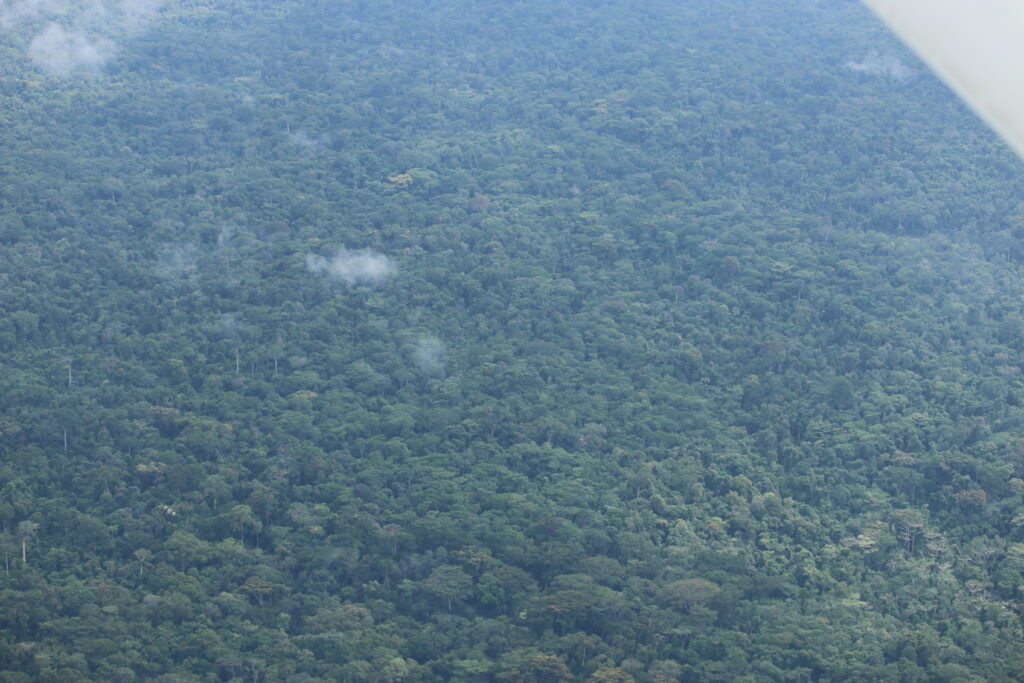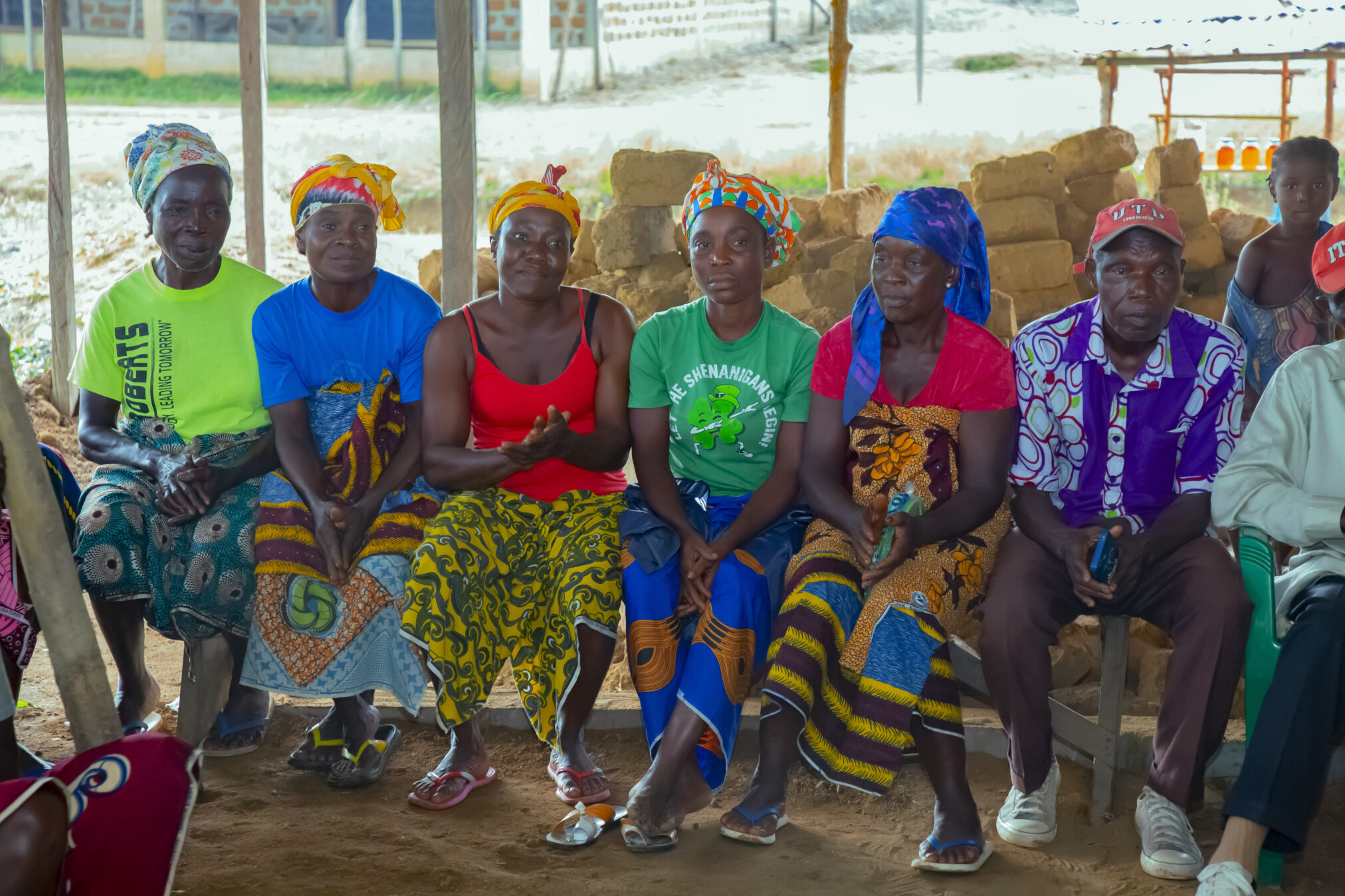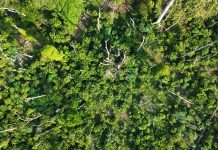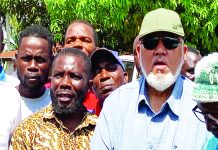Top: Members of Kpanyan’s community land development and management committee (CLDMC). Picture credit: IDH
By Emmanuel Sherman
MONROVIA – The community land leadership of Kpanyan District in Sinoe County has been named one of the 10 winners of the Equator Prize. The United Nations-led award recognizes the efforts of indigenous people and local communities globally to meet environmental, economic and public health challenges.
UNDP, which leads the Equator Initiative that issues the prize, praised Kpanyan’s CLDMC for setting aside 40,000 hectares of forest for conservation.
It also celebrated the district for embracing “sustainable agriculture interventions to improve food security, diversify income streams, and adapt to climate change.”
“Equator Prize winners inspire us to reimagine our approach to sustainable development, reminding us that real progress lies in empowering Indigenous people and local communities, embracing their invaluable wisdom…,” said Haoliang Xu, UNDP’s associate administrator and director for policy and program support.
People in Kpanyan jubilated when news of their victory broke, according to Alfred Clarke, the chairman of the CLDMC or community land development and management committee.
“Inasmuch we win that prize, we will increase the awareness and the community that is closer to the forest we are talking about, we will engage them to be the watchdog…”
Kpanyan’s CLDMC was formed in 2019, a year after Liberia established its Land Rights Act. The landmark law recognizes customary land ownership. It calls for the creation of a CLDMC to handle the affairs of communal lands across the country.
With the first CLDMC in southeastern Liberia, Kpanyan completed its land use plan—the second after Foya nationwide—for over 100,000 hectares across the seaside district. About 84 percent of Kpanyan’s land is dense and regenerating forest.
To manage that resource, Kpanyan established a production, protection and inclusion (PPI) pact. The partnership among local communities, NGOs, the private sector and local authorities tackles climate change, food insecurity and the disregard of ancestral land rights. The PPI also confronts deforestation, illegal forest activities and poor infrastructure.
The pact is a revolution in a country saddled for decades by large plantations that overlook the participation of local communities.
Kpanyan is a witness to that. In 2020, Golden Veroleum Liberia (GVL) signed a 65-year agreement to develop oil palm on 350,000 hectares of land across Maryland, Grand Kru and Sinoe, including Kpanyan District. However, the agreement did not seek villagers’ consent, leading to protests.
“Our project has laid the foundation for conflict-free investment and inclusive development…,” said Silas Siakor, the country manager of IDH, a Dutch NGO that works with Kpanyan.
“With the prize, Kpanyan CLDMC is poised to launch a community-led conservation initiative that serves as a model for other communities,” Siakor added.
Gregory Kitt, the executive director of Parley Liberia, which helped established Kpanyan’s CLDMC, expressed the Bong-based NGO’s delight.

Kitt said the townspeople’s decision to seek customary land rights as a district—rather than individual clans—contributed to its victory.
“This enabled the Kpanyan CLDMC to extend effective land and forest governance at scale throughout their territory,” Kitt told The DayLight. “The result is the extraordinary conservation outcome recognized by this Equator Prize.”
The other nine winners of the award came from Brazil, Bolivia, Burundi, Guatemala, Philippines, Zambia, Nepal, Greenland and Ecuador. They were selected from over 500 nominations from 108 countries, according to the Equator Initiative.
All 10 winners will be awarded US$15,000 and get an opportunity to attend key environmental events, including the UN General Assembly, the UN climate conference in Dubai and the Sustainable Development Goals summit.
Winners will receive their awards at a UNDP event in November. They will become part of a network of 275 communities that have helped combat climate change and poverty.





Facebook Comments